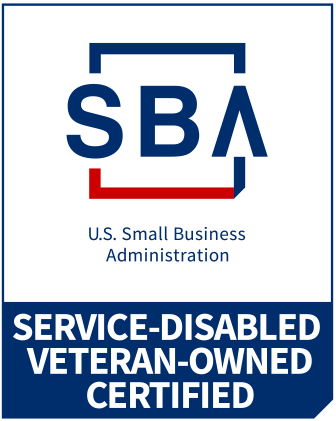Do I Really Need a Will or Trust? Common Misconceptions About Estate Planning in Massachusetts
ESTATE PLANNING
Richard Ghazal, Esq.
7/1/20253 min read


Many Massachusetts residents delay estate planning, believing it’s only necessary for the wealthy or elderly. In truth, every adult—regardless of age, assets, or family structure—should have an estate plan in place. Without one, your loved ones may face unnecessary delays, costs, and confusion after your death or incapacity.
In this article, we address common myths about wills and trusts and explain how a well-crafted estate plan under Massachusetts law can protect you and your family.
Myth #1: “I Don’t Have Enough Assets to Need a Will or Trust”
The reality: Estate planning isn’t about how much you own—it’s about making sure your wishes are honored.
Even if you only own a modest home or a few bank accounts, without a plan, Massachusetts intestacy laws will decide who inherits your property. This often leads to unintended outcomes, especially for unmarried couples, blended families, or those with estranged relatives.
A basic will allows you to:
Name your beneficiaries
Appoint a guardian for minor children
Designate a personal representative (executor)
A trust can provide additional control, especially if you want to avoid probate or protect assets.
Myth #2: “I’m Too Young to Worry About Estate Planning”
The reality: Life is unpredictable. In Massachusetts, if you become incapacitated without proper documents, your loved ones may have to go through the Probate & Family Court to obtain guardianship or conservatorship just to make decisions on your behalf.
Every adult (especially parents, homeowners, and professionals) should have:
A Durable Power of Attorney for financial decisions
A Massachusetts Health Care Proxy to appoint someone to make medical decisions
A HIPAA Release for access to medical information
A Living Will (optional, but helpful) to express your end-of-life care preferences
Myth #3: “A Will Is Enough—I Don’t Need a Trust”
The reality: In Massachusetts, a will must go through probate—a public court process that can take 6–12 months or longer.
A revocable living trust allows you to:
Avoid or minimize probate in Massachusetts
Maintain privacy for your assets and beneficiaries
Distribute assets more quickly
Plan for incapacity by naming a successor trustee
Manage out-of-state property (e.g., vacation homes)
While not everyone needs a trust, it can be a smart strategy for those who own real estate, have children, or want to streamline estate administration.
Myth #4: “My Family Knows What I Want—They’ll Handle It”
The reality: Without legally binding documents, your family may have no authority to act, even with the best intentions. Worse, disagreements can lead to costly and painful litigation in the Suffolk, Middlesex, or other local Probate & Family Courts.
Verbal instructions and handwritten notes are not substitutes for a valid will or trust under Massachusetts law. A proper plan ensures your voice is heard and your loved ones are protected.
Myth #5: “Estate Planning Is Too Complicated or Expensive”
The reality: A thoughtfully prepared estate plan is far more affordable than the cost—financial and emotional—of court intervention after death or incapacity.
Working with an experienced Massachusetts estate planning attorney ensures:
Your documents meet state-specific requirements
Your plan reflects your family, financial, and healthcare priorities
You avoid common pitfalls with online templates that don’t comply with Massachusetts law
So, Do You Really Need a Will or Trust in Massachusetts?
If you own property, have children, care about how your assets are distributed, or want to ease the burden on your family—you do.
Whether your needs are simple or complex, a Massachusetts-based estate plan gives you:
Peace of mind
Legal protection for your loved ones
Control over your healthcare and legacy
Let’s Build Your Plan—Together
At Ghazal Law, PLLC, we help Massachusetts residents create custom estate plans tailored to their lives and goals. From simple wills to comprehensive trust-based plans, we’re here to guide you with clarity and care.
Schedule your free consultation today and take the first step in protecting what matters most.
Contact us
© 2025 by Ghazal Law, PLLC. All rights reserved.


Ghazal Law, PLLC is a service-disabled
veteran-owned law firm.
Content and information on this website is intended to be informational only; it does not constitute legal advice. Consulting the website, submitting an inquiry via the website, and/or engaging in a free initial consultation do not constitute the formation of an attorney-client relationship with Ghazal Law, PLLC. Testimonials, endorsements, and description of services do not constitute a guarantee or prediction on the outcome of your legal matter.
Phone: 508-622-5183
Email: richard@ghazallaw.com
